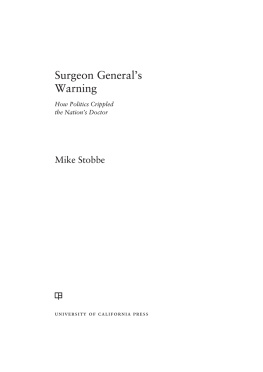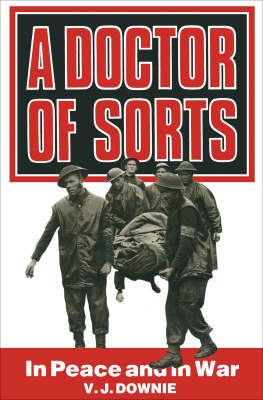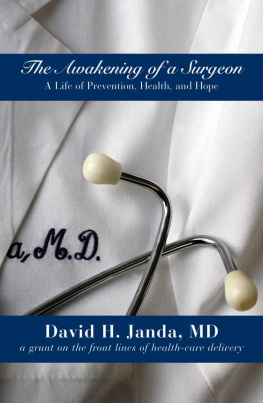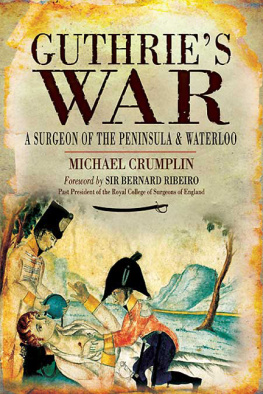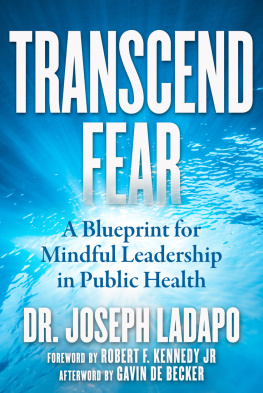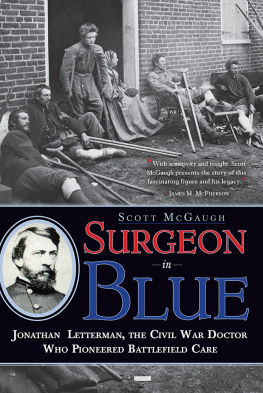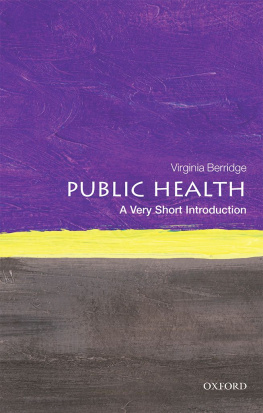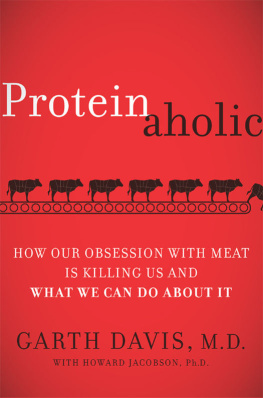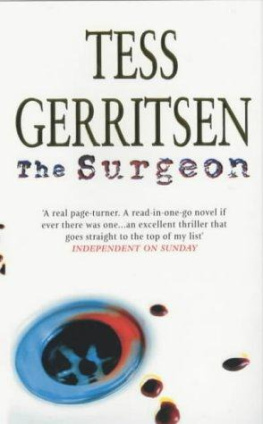Acknowledgments
This book took more than seven years to complete and involved interviews with more than one hundred people and research trips to a variety of university libraries, presidential libraries, and federal archives. That means a lot of people generously shared their time, memories, and expertise to help me complete this volume. I wish I had room to thank them all. But at least some have to be recognized here.
This book started as a doctoral dissertation, and my dissertation committee was pivotal in the early development of this project. The group included the journalist Karl Stark and University of North Carolina faculty members Jon Oberlander, Tom Ricketts, and Bryan Weiner. Most important was my committee chair, the canny Ned Brooks. Sue Hobbs was another key supporter at UNC.
Thanks also to my bosses and colleagues at the Associated Press who supported me in pursuing the doctorate and this project. Special mention goes to Kit Frieden, the APs former national health and science editor; to Barry Bedlan, my initial supervisor in APs Atlanta bureau; and to AP photographer John Bazemore.
My first real interview for this project, appropriately, was with former surgeon general C. Everett Koop in July 2006 at his home in Hanover, New Hampshire. (Perhaps also appropriately, my last book-related research trip was to his funeral service in Woodstock, Vermont, in March 2013.) Koop was hugely insightful, and his nod of support opened doors to other important interviews. My gratitude goes to him and to his longtime assistant, Susan Wills.
While working on this book I lived in Atlanta, and my unfunded research required repeated trips to Washington, D.C. So Im grateful to Jeff Mains, an old high school friend who helped me save a lot of money by letting me crash at his companys condo in D.C.
My appreciation also goes to Alexandra Lord and John Parascandola, former historians of the U.S. Public Health Service, and the staff of that now defunct office. Jerry Farrell, of the Commissioned Officers Associations of the U.S. Public Health Service, answered questions no one else could. Fitzhugh Mullan, who had written the go-to reference on the PHS, was an important early source.
At UC Press, a big thanks to acquisitions editor Hannah Love for enthusiastically bringing me on board, to Naomi Schneider and Christopher Lura for getting me through the process, and to Steven Baker for his thorough and thoughtful copy editing. Im also very grateful to Brooks, Parascandola, Paul Erwin, Glen Nowak, Jill Center, Dan Haney, Maryn McKenna, and James Morone for their important feedback on drafts of the initial proposal or subsequent manuscript.
I am indebted to my parents, Ed and Pat Stobbe. They taught me the work ethic necessary to pull off something like this, and kindly sent a check to help with my research expenses. A conversation with my mom led me to ponder the vacuum caused by absence of a strong surgeon general and the pop-culture healers who had rushed in to fill it.
Kudos to Rick Broadhead. I cant imagine a better agent. Honestly, Im not sure this book would have come into being without his sage advice and tireless advocacy.
Lastly, love to my sons, Isaac and Luc, and to my wife, the superb journalist (and discerning editor) Heather Vogell. She helped me in a thousand ways, from the opening pitch to late-inning edits. This book is dedicated to her.
CHAPTER 1
The Monarch of Public Health
Regina Benjamin took her place in front of dark velvet curtains, set her smile, and waited.
The scene was a bit like Pictures with Santa at a busy shopping mall on the Saturday before Christmas. More than 150 people patiently stood in line to have their photo taken with Benjamin, some with emotions akin to the awe of a child about to meet St. Nicholas. They craned their necks to see her up ahead; some were even a little giggly. Benjamins helpers, wearing uniforms like hers, managed the crowd.
But the similarities stopped there. This was weeks after the holiday (January 11, 2010, to be exact). These were adults standing in line. The venue was the foyer of a federal building in downtown Washington, D.C. And this wasnt Kris Kringle they were waiting to see; it was the new U.S. surgeon general.
Minutes earlier, in a packed, 625-seat auditorium, Benjamin had been formally sworn in as the nations eighteenth surgeon general. It had been an unusually florid affair, even by Washingtons standards. Rows of federal health officials dressed in the formal, militaristic uniforms of the Commissioned Corps of the U.S. Public Health Service. Some formed a saluting gantlet that Benjamin passed through at the end. A passerby might have mistaken the event for some kind of war-hero homage.
Benjamin had many supporters there that day, and they were thrilled.
Its wonderful to know that someone whose values you respect is in such a position of leadership, said Brenda Smith, an American University law professor standing in line with a group of friends.
This is a great day for our state. For the world, said Betty Ruth Speir, an elderly gynecologist who, like Benjamin, was from Alabama.
Was it, though?
The surgeon general is indeed a public health celebrity, a post rooted in a rich history and automatically held in high esteem. Surgeon general reports remain hallmark documents in our society, cited in everything from student term papers to legislative policy debates. Surgeon general warnings are fixtures on magazine liquor ads and cigarette packaging. Polls assessing the surgeon generals credibility award the position higher marks than most other government health officials. Indeed, the surgeon general is commonly perceived (or, rather, misperceived) to be the government official responsible for the health and well-being of the general public. The surgeon general stars in public service announcement commercials and speaks frequently at university commencements and national conferences. The uniform and title still conjure importance and wisdom, andfor some Americansa belief that there is still such a thing as a government health official who will level with the public when other bureaucrats wont.

